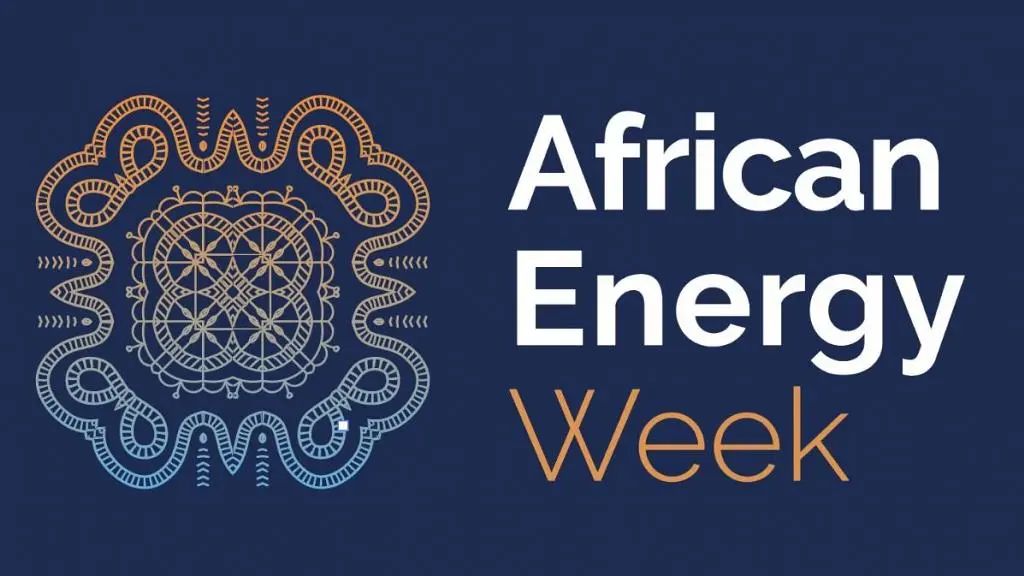Combating E-fraud on Telecom Platforms and Building Consumer Confidence in Digital Economy
Prof. Umar Garba Danbatta
It is my privilege to stand before you today to deliver this keynote address on a topic of paramount importance: Combating e-fraud on telecom platforms and building consumer confidence in the digital economy. As we navigate the ever-evolving landscape of technology, we must address the growing concern of fraudulent activities in the digital realm and take proactive measures to safeguard the trust and confidence of consumers.
Digital technology offers Nigeria the opportunity to grow and diversify its economy from the overdependence on agriculture or oil and gas export proceeds. The launch of the Nigerian National Broadband Plan 2020 – 2025 as well as the National Digital Economy Policy and Strategy 2020 – 2030 (NDEPS) attests to the fact that Nigeria is poised to join the comity of nations and become a global leader in transforming its economy into a digital one.
In recent years, Nigeria has witnessed remarkable growth in the digital economy, revolutionizing the way we communicate, transact, and conduct business. The telecom sector plays a pivotal role in enabling this digital transformation, providing the infrastructure and connectivity that fuel our interconnected world. However, with these advancements come new challenges, one of which is the rising tide of e-fraud and cybersecurity concerns.
E-fraud encompasses a wide range of malicious activities carried out via electronic means, including identity theft, phishing, hacking, and unauthorized access to personal and financial information, with the intention to defraud or take advantage of victims. These criminal activities may not only cause significant financial losses but also erode consumer trust in the digital ecosystem.
The NCC as the regulator of the communications sector has a crucial role to play in combatting e-fraud. We must establish comprehensive legal frameworks and standards that mandate sound security practices for telecom operators. The legal framework must focus on data protection, privacy and incident response, ensuring that operators are held accountable for any lapses in security on their respective networks.
The NCC also type-approves communications equipment to ensure that they conform to global standards and are interoperable with various relevant technologies. In this regard, The Commission collaborates with Mobile Network Operators to ensure the safety of their networks and conducts regular audits and assessments to verify compliance and encourage a culture of cybersecurity within the industry.
In accordance with the Nigerian Communications Act 2003, telecom operators have a responsibility to ensure the security and integrity of their networks and to prevent it from being used in, or in relation to, the commission of any offense under any law in operation in Nigeria. With the increasing uptake of digital financial services and the advent of disruptive technologies, the issue of cybersecurity has become increasingly important.
Telecom operators must therefore invest in robust infrastructure, employ state-of-the-art security measures, and conduct regular audits to identify vulnerabilities and address them promptly. Additionally, operators should implement stringent authentication protocols, two-factor authentication, and encryption mechanisms to safeguard customer data and prevent unauthorized access.
There is also the concern about how personal data is collected, stored, shared and exploited. Fortunately, NDEPS 2020-2030 adequately addresses the protection of telecom consumers against the threats of cybercrime, encouraging them to embrace digital finance and supporting them to contribute to the Digital Economy. Pillar #6 of the NDEPS, which deals with soft infrastructure, has proven to be proactive.
The soft infrastructure pillar focuses on strengthening public confidence in the use of digital technologies and participation in the Digital Economy. The pillar will address the importance of cybersecurity and other standards, frameworks, and guidelines that encourage citizens to embrace a digital culture. Data privacy and the deployment of technologies like the public key infrastructure are addressed in this pillar.
Recently, the Nigeria Data Protection Act 2023 was signed into law to provide a legal framework for the protection of personal information and the regulation of how personal information is processed, among other things. The NCC is also in the process of developing more elaborate Data Protection Regulations to ensure the protection and privacy of data in the Nigerian communications sector.
It is important to mention that the Commission has issued the Consumer Code of Practice Regulations 2007 which among other things, provides for the protection of consumer information.
Law Enforcement Agencies must also collaborate closely with telecom operators and regulatory bodies to investigate and prosecute e-fraud perpetrators. Enhanced coordination, information sharing, and dedicated cybercrime units can go a long way in deterring criminals and bringing them to justice.
Strengthening international cooperation in combating cross-border e-fraud is also imperative, as cybercriminals often exploit jurisdictional limitations.
The Commission, committed to fulfilling its mandate and passionate about driving Digital Economy in Nigeria, has continued to implement initiatives to Protect, Inform and Educate telecom consumers in this regard. Through its Consumer Affairs Bureau (CAB), the Commission undertakes constant Consumer Education with a significant part of this effort dedicated to providing information that equips the Consumer to thrive in a world that has embraced digital finance.
Information dissemination materials on how to safeguard themselves while using telecom platforms to access digital financial products are available on the NCC consumer portal whilst hardcopies are distributed at consumer outreach events.
To further protect telecom consumers, the Nigerian Communications Commission’s Computer Security Incident Response Team (NCC-CSIRT) periodically notifies telecom consumers of the latest cybersecurity threats and how to avoid falling victim to them. NCC-CSIRT in collaboration with the Nigeria Computer Emergency Response Team (ngCERT) at the office of the National Security Adviser has been at the forefront of protecting telecom consumers from cyber threats.
The provision of timely advisories has helped to protect consumers from being unfairly targeted by cyber-attacks, which goes a long way in ensuring that they can access digital services without suffering unwarranted losses. We strongly believe that by fostering a culture of vigilance and knowledge, we can collectively reduce the success rate of e-fraud attempts.
However, combatting e-fraud is not just the responsibility of industry stakeholders and authorities. Consumers too, must be active participants in this battle against e-fraud. Building consumer awareness and promoting digital literacy is crucial to empowering individuals to protect themselves. Telecom operators should educate their customers about potential risks, provide guidance on secure online practices, and offer user-friendly tools to monitor and manage their accounts.
Regular communication with customers, promptly addressing their concerns, and providing timely updates on security issues are vital in establishing trust. To build consumer confidence in the Digital Economy, we must emphasize transparency and accountability. Telecom operators should be transparent about their security measures, privacy policies, and incident response mechanisms. Collaboration with third-party security firms and independent audits can also help validate the integrity of telecom platforms.
Furthermore, fostering innovation in security technologies is critical to staying ahead of e-fraudsters. Advancements in artificial intelligence, machine learning and data analytics can enable the detection of anomalous behaviors, identify potential threats, and respond swiftly to emerging fraud trends.
Collaboration between academia, industry, and research institutions can drive innovation in cybersecurity and produce effective countermeasures against e-fraud.
In conclusion, combatting e-fraud on telecom platforms and building consumer confidence in the digital economy requires a collective effort. Telecom operators, regulatory bodies, law enforcement agencies, and consumers must collaborate, each fulfilling their respective responsibilities.
By investing in robust security infrastructure, implementing stringent protocols, promoting awareness, and fostering innovation, we can create a safer digital ecosystem that inspires trust and enables the full potential of the digital economy.
. Being keynote address by Prof. Umar Garba Danbatta, FNSE, FRAES, FAENG, FNIEEE, Executive Vice Chairman/CEO, Nigerian Communications Commission at the 2nd Quarter 2023 ICAF in Lagos, Nigeria on June 23, 2023.








